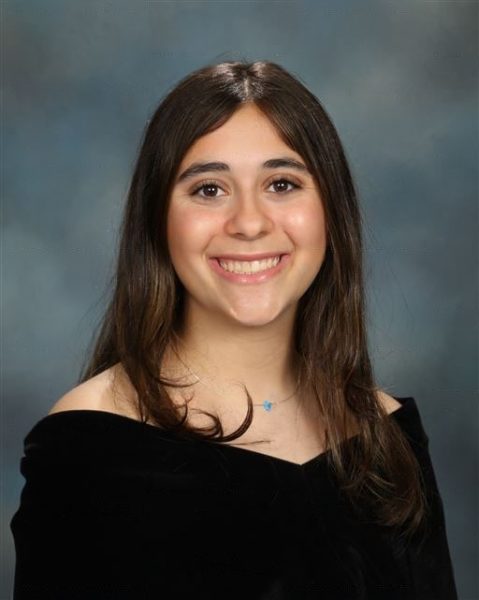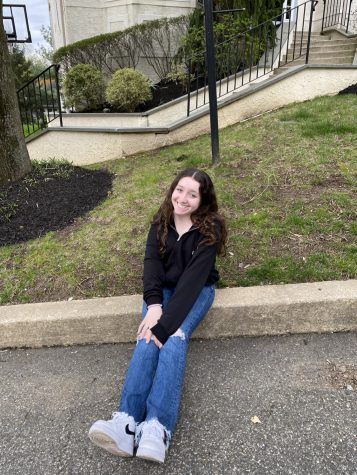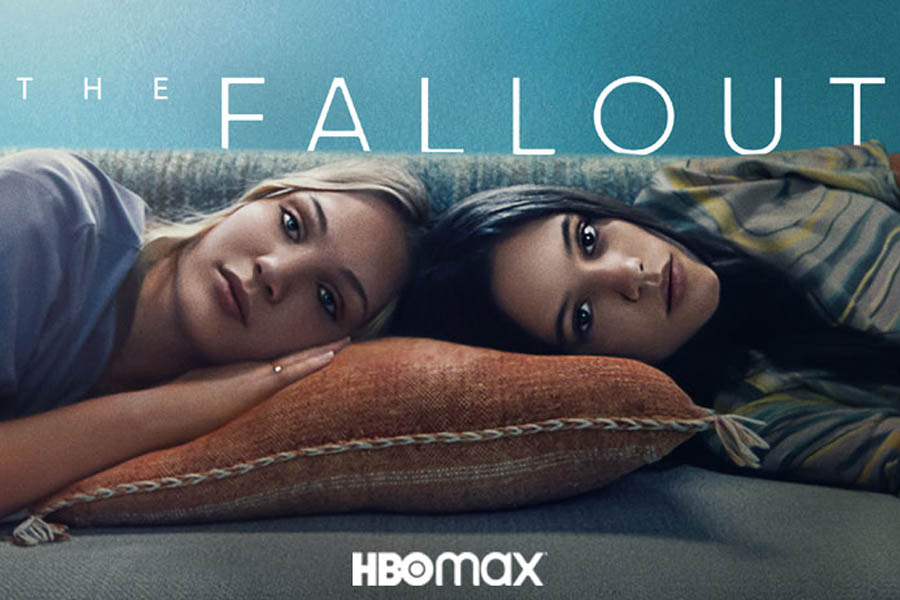Modern Culture Takes Cinematic Stage
HBO Max recently released The Fallout, a movie that shines a light on numerous contemporary issues from a Gen Z teenager’s perspective. Telling the compelling and heart-wrenching story of a school shooting, Jenna Ortega plays the role of Vada, a 16-year-old high school student facing the traumatic aftermath of this life-altering experience. Similarly, co-star Maddie Ziegler plays Mia, another girl who experienced this same shooting but in a very different way.
The movie starts just like any other average day of high school. However, it quickly escalates into a fatal experience that each viewer gets a second-hand account of. Perhaps this is what is so remarkable about this movie: the audience views the tale through the lens of the shocked and terrified teenagers living through this experience. The director, Megan Park, had a clear vision for this movie, evident by her expert execution.
Almost immediately after the shooting transpires at the beginning of the movie, the matter of gun control becomes a key issue. Viewers find out later that the shooter themself was a student, proving that almost anyone, at any age and under any circumstance, can possess a gun. This hot topic is further represented by a side character, Nick, who is actively involved in gun-law protests and movements. Unfortunately, these topics are extremely relevant, as tragedies such as the Oxford High School shooting in Michigan happened mere months ago. This problem affects hundreds of students nationwide, which is what makes a movie that provides support and information on this topic so important.
Another topic explored in this film was Vada’s failure to communicate with her family. Directly after the shooting, she struggled to express her emotions properly to her loved ones, bottling them up and making it hard for her mom and sister to help her. Eventually, Vada’s mother uses her daughter’s traumatic experience as an opportunity for her to talk to a therapist. This therapy proves to be successful later on, as Vada eventually opens up to her mom and shows her gratitude for all that her mom has had to help her with so far. In this case, the therapy helped Vada express her voice in an environment where she felt comfortable, improving her mental health.
Throughout the movie, the theme of mental health awareness sheds light on yet another timely issue in the modern-day era. In each scene, viewers are shown Vada’s variety of coping mechanisms, or lack thereof. Any teen struggling with a similar issue can not only watch The Fallout to relate to Vada’s character, but also to gain a further understanding of how to cope with what they are going through.
One of Vada’s most prevalent strategies was her use of marijuana and alcohol to ease her PTSD and anxiety. Although this is not a healthy way to alleviate your worries from a traumatic experience, it is undeniably genuine and accurate to contemporary teenagers’ experiences. This led to the concept that all people have individual struggles and issues that we all cope with differently, and this movie provided a great representation of that idea throughout.
Although it is something that should never have to be experienced by anyone, school shootings have been rising in the U.S. for years. This is what makes The Fallout so important: it is the first movie to fully acknowledge and address this issue, spreading awareness so that everyone is well-informed and can comprehend the full picture of the trauma and consequences in the wake of a school shooting.

Emma is a current senior who is so excited to continue being a section editor in her third year writing for the Banner. Outside of writing Opinions articles,...

As a sophomore, this is Dylan’s first year writing for The Banner. She is extremely excited to begin writing articles featured in both the opinion section...


